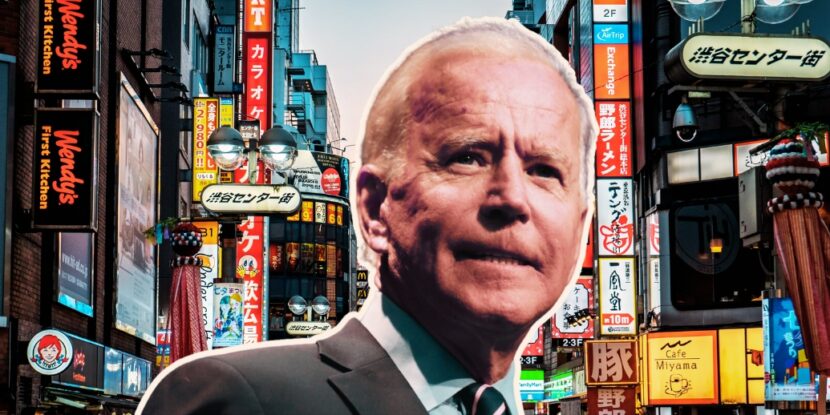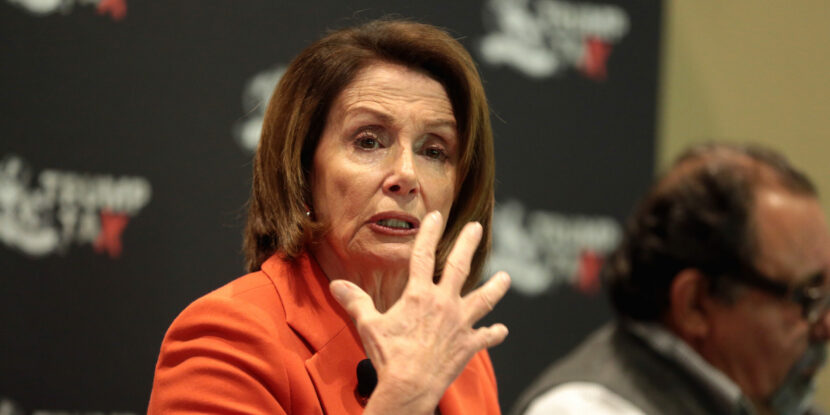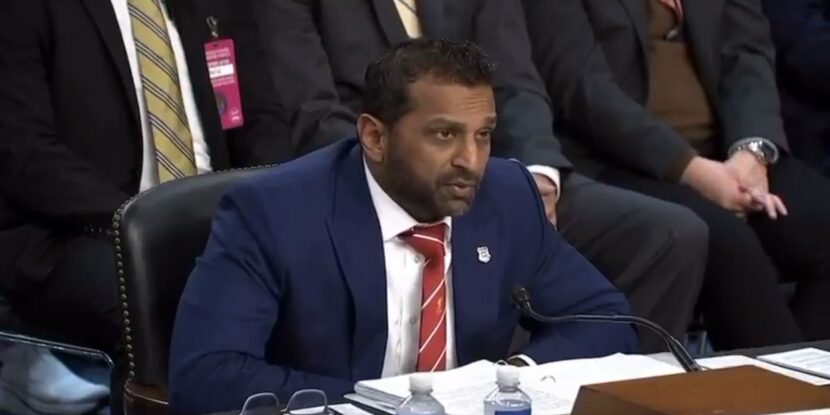Japanese stocks recorded their most enormous daily loss in history on Monday, driven by fears of a U.S. economic slowdown under the Joe Biden-Kamala Harris government. The Nikkei 225 index plummeted by an unprecedented 4,451 points, closing over 12 percent down. This drop pushed the index into bear market territory with a 25 percent decline since early July. Analysts are likening the crash to the infamous “Black Monday” of October 1987, when the Nikkei fell by 3,836 points and global markets tumbled.
Concerns over a sharp slowdown in the U.S. economy have fueled expectations that the Federal Reserve will cut interest rates. The latest U.S. jobs report showed job creation significantly below expectations, and unemployment significantly above expectations. Moreover, the jobs data suggests foreign workers are replacing American workers.
“The aggressive bear onslaught and fears of a hard landing in the U.S. are creating a contagion effect, leading to a severe meltdown in Tokyo’s markets,” warns Stephen Innes, managing partner at SPI Asset Management.
Trading in Japan and South Korea was intermittently halted as circuit breakers were triggered to prevent panic selling. This market volatility extended to other regions, including the U.S. where stock futures dipped sharply. Nasdaq futures dropped by 4 percent, while Dow and S&P 500 futures dropped by 1.5 percent and 2.3 percent.
The Stoxx Europe 600 index fell by 2.5 percent in morning trade in Europe, reaching lows not seen since February. Taiwan‘s Taiex, South Korea’s Kospi, Australia’s S&P/ASX 200, Hong Kong’s Hang Seng Index, and China’s Shanghai Composite also recorded big losses.
Oil prices also hit their lowest levels since January, and cryptocurrencies like Bitcoin fell by over 12 percent. Poor U.S. tech earnings—and China’s weak manufacturing data—are exacerbating the wider situation.
Investors are on edge, with many bracing for continued market instability in the days ahead.




















